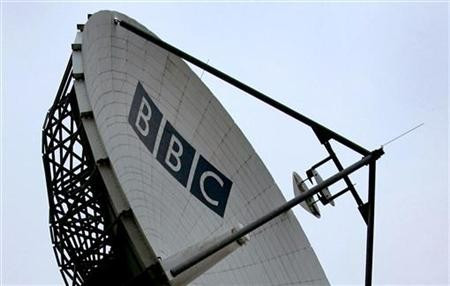BBC to air ‘Choosing to Die’

BBC 2 will air 'Choosing to Die' at 9pm on Monday evening sparking widespread condemnation from officials and licence payers. The film 'Choosing to Die' is a documentary about Peter Swedley, a motor neurone suffer who is chosen to take his own life in Switzerland. The film shows the last breath of Peter Swedley before he passes away. The film is designed to highlight the suffering of people with terminal disease and to illustrate the tremendous heart break and strain such diseases place on close family members.
The programme will be presented by Sir Terry Pratchett - a long time campaigner for assisted suicide and it will be the fifth programme of its kind that the BBC has aired showing assisted suicide in a positive light. The move has sparked anger from protesters who do not believe the BBC should be putting such a positive spin on what is an illegal act under UK law. Dr Peter Saunders, of Care Not Killing, has warned that the screening will breach "both BBC and international guidelines on suicide portrayal and risks encouraging further cases among those who are sick, elderly or disabled."
The debate is as emotionally charged as any in the United Kingdom with campaigners and protesters of assisted suicide attempting to put pressure on television companies to portray their films. The fact of it is clear: the 'for' campaign will attract greater viewing audiences for the BBC. In a world where most television executives want to attract the greatest amounts of viewers and be cutting edge at the same time, the assisted suicide films make for very large television audiences. Sky has already proven this.
The real question for the BBC to answer is: Is it right for the BBC to air such a programme? If the BBC wants to raise attention to the issue then that is admirable but cynics will argue that they are trying to boost viewing figures. It would not be right for a television company to air such a sensitive programme for the wrong reasons. Furthermore, as the BBC is funded by the taxpayer, airing such an emotional programme; an act that is illegal in the United Kingdom will of course spark outrage from some. Is it the BBC's job to air quality programming or to be cutting edge and boost viewing figures? Does this film stop being a quality programme because it involves assisted suicide? It is a highly sensitive area that the BBC has thrown its hat into.
To air such an emotionally charged programme on the back of airing other programmes that show assisted suicide in a positive light will of course lead the BBC down a very tricky path. Are the BBC being impartial on the subject will be a major criticism that the BBC will have to answer. Is the BBC trying to force their agenda on the general population through their programming? The more rational viewer will either watch the programme because they would like to learn more or simply not watch the programme. It seems the BBC may have ignored its responsibilities in its battle to become cutting edge
© Copyright IBTimes 2025. All rights reserved.





















